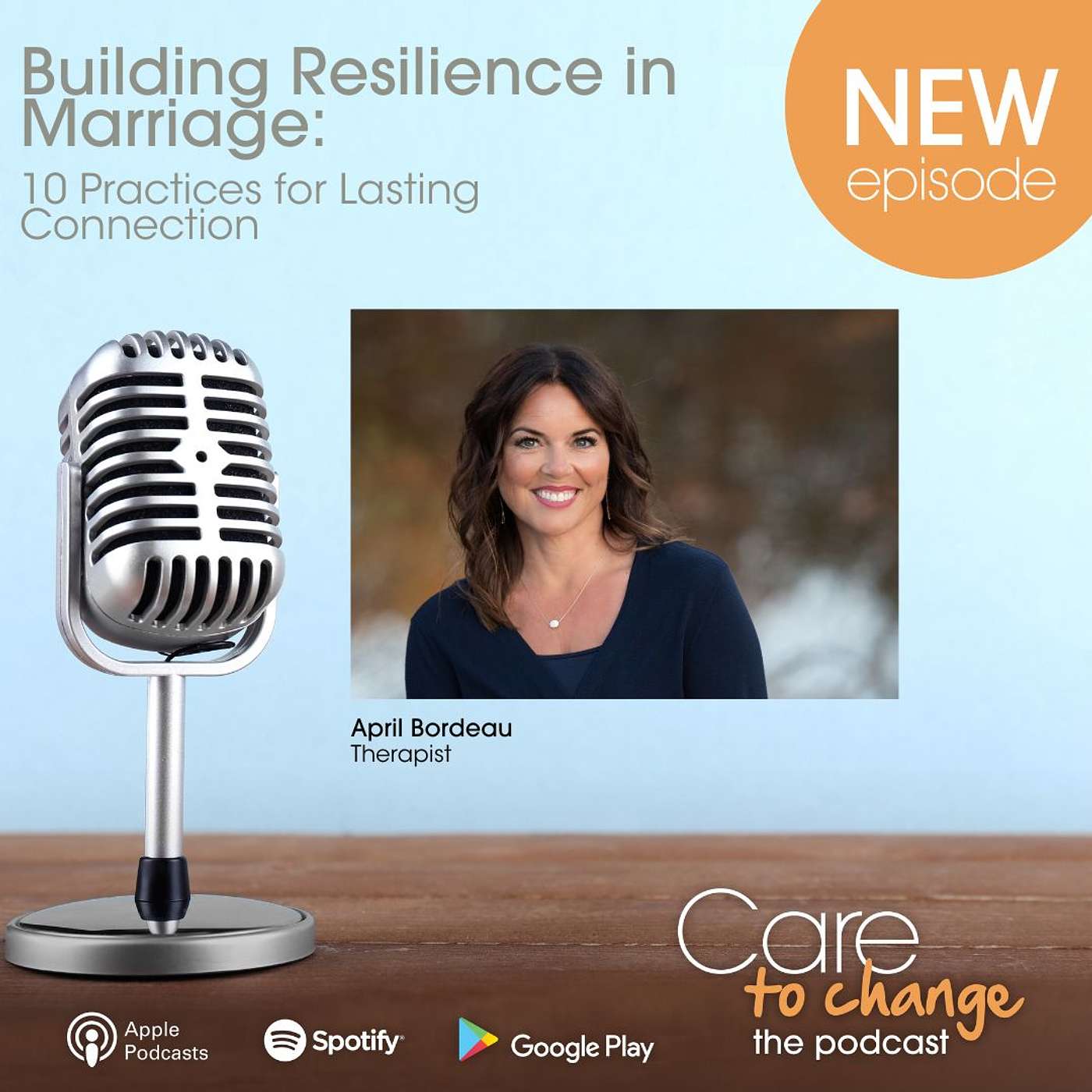Staying Present: Tools for Crisis Support & Long-Term Hope
Description
In the closing episode of our Suicide Prevention Awareness Month series, April welcomes therapist Jared Jones back to the podcast for a compassionate and practical conversation about what to do when suicidal thoughts arise — either in your life or someone else’s.
Jared offers evidence-based tools, calming strategies, and long-term practices to reduce risk and foster resilience. He explains what emotional crisis looks like from a neurological perspective, how to recognize when someone is in danger, and how to respond with presence, compassion, and confidence.
Whether you’re personally struggling or supporting a loved one, this episode equips you with grounding techniques, mindset anchors, and safety planning strategies — and encourages you to take one small step toward connection and healing.
💡 What You’ll Learn:
- What an emotional or mental crisis looks and feels like
- Why suicidal thoughts are a perceived solution — not a desire to die
- Common myths about suicide (and the truth that saves lives)
- Grounding and sensory techniques to manage intense emotion
- How to create a safety plan and why it matters
- Long-term strategies for self-care, resilience, and recovery
- How to help a loved one without taking on the burden alone
- Apps, tools, and resources to keep close — just in case
🧠 Notable Tools Mentioned:
- 5-4-3-2-1 Grounding Technique
- Columbia Protocol App (suicide risk assessment + resource links)
- Journaling, movement, creative expression, prayer, and mindfulness
- Creating “anchor statements” like “This feeling will pass.”
- Safety planning with the help of a therapist or template
📌 Key Resources:
- 988 Suicide & Crisis Lifeline (Call or text, 24/7)
- Text Line: Text HELLO to 741741
- Columbia Suicide Severity Rating Scale (C-SSRS) App
- Support groups, peer networks, and teletherapy options
- Jared’s recommendation: practice self-compassion daily and build your tribe before you need them.
If you’re in pain, please know: You are not alone. You are not a burden. There is hope — and you matter. Start where you are. Take the next right step. We’ll walk with you.
























